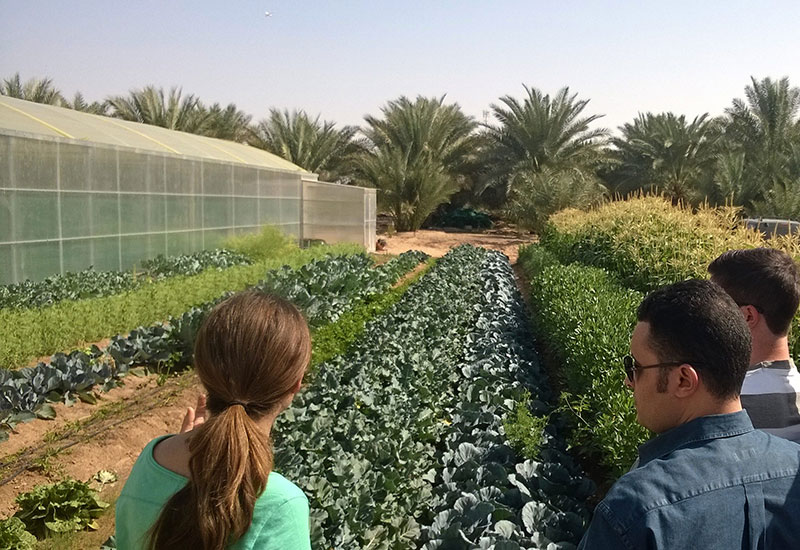Dubai-headquartered Time Hotels is the first hospitality group in the region to partner with the Slow Food initiative. The sustainable agenda involved an extensive thought process, which converted methods of working and increased cost of F&B operations.
Slow Food is an international movement founded by Carlo Petrini in 1989, and its members commit to sourcing and using produce that is prepared as per local culinary tradition, and using high quality locally-sourced ingredients.
The Dubai chapter or was launched in 2013, and Time Hotels is the first hotel group in the GCC to introduce the concept in its mainstream food and beverage offering.

| Advertisement |
Caterer Middle East sits down with Time Hotels director of food & beverage Bernard Fantoli and Slow Food — Dubai Convivium leader Laura Allais-Maré to find out the objectives and rationale, the process and experience of converting to slow food, and how it affects the bottom line.
Objectives & rationale
Fantoli came across Slow Food Dubai at a culinary event, and was instantly intrigued. It was equal parts sustainability and social responsibility, fuelled by the passion to bring back healthy ways of eating, which propelled Fantoli to approach his boss and convince him to consider introducing slow food at Time Hotels.
Fantoli champions the cause of healthy, wholesome eating, and wants to steer the region in that direction; he believes adapting to slow food will aid the cause.
Elaborating on the reasons for liaising with Slow Food Dubai, he says: “It was partly personal interest and partly because it is the right thing to do. We are already Green Globe-certified, which is all about sustainability. We were looking for programmes that could support our initiatives in the food and beverage arena as well.”
Allais-Maré adds to the conversation and comments on how Slow Food has a different agenda in Dubai than its international counterparts. “It is different because in most countries in Europe you are dealing with a certain group of people — for instance, in Italy, you are dealing with Italians and ethics of Italian cuisine. But in Dubai, you have so many different nationalities.
“We are in the Emirates, but there are so few people who have tasted Emirati food. So what is local? What is traditional? And then, how many people know about slow food? In Europe, a lot of people know about this. Their lifestyle is intertwined with slow food. The job is much bigger here.”
She further adds that according to the slow food ethos, everything within a 3000km radius of Dubai can be considered local. In practice, the demarcated area includes Turkey, Africa, India, Greece, Lebanon, and Syria, amongst others.
However, having been a chef for more than 22 years, she understands chefs’ concerns about the quality of local produce. “I know what the chefs are saying, that the quality is not good enough. But if we don’t start telling local producers that they need to supply better quality products, nothing is going to change in the region.”
Article continues on next page ...









 Search our database of more than 2,700 industry companies
Search our database of more than 2,700 industry companies









